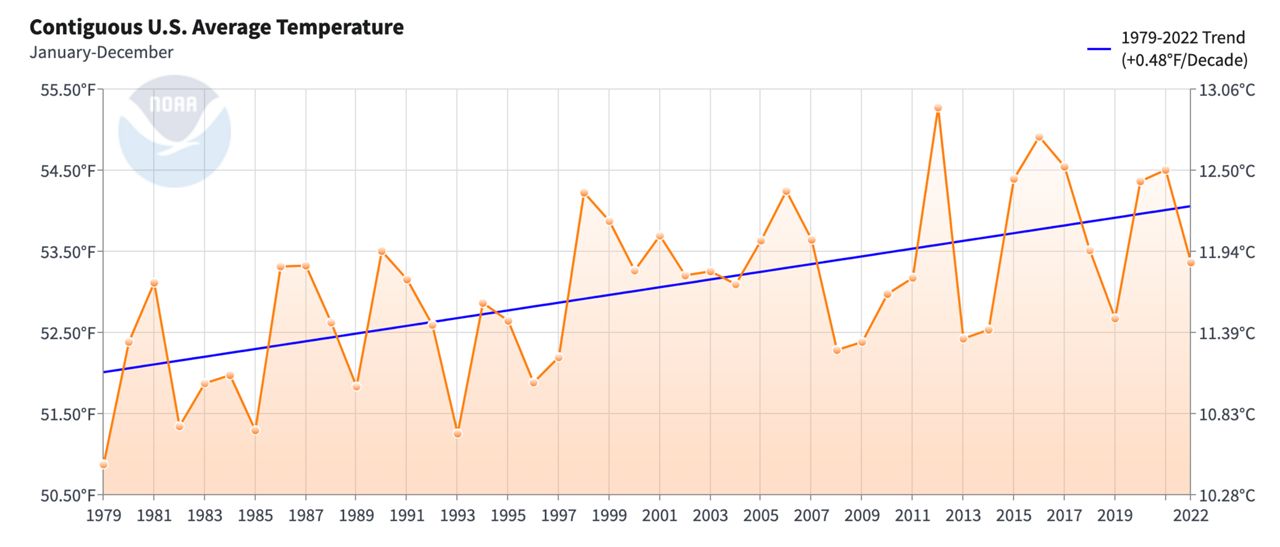The warm weather months are a time of outdoor fun, from hiking to water activities. But there’s one thing that can make it dreadful - mosquitoes.
According to a study by Climate Central, the days we see mosquitoes each year have increased.
Mosquitoes love warm and muggy weather, and with the U.S. seeing warming temperatures over the last few decades, mosquitoes have found more time to roam.

Climate Central reports that of the 242 locations they analyzed, 173 locations saw an increase in mosquito days per year, with the Ohio Valley and Northeast seeing the most.
Scroll through the slides below to see how mosquito days have changed for some big cities.
To see if your city has seen an increase or decrease in mosquito days, click here.
And according to Climate Central, these areas saw the biggest change in days from 1979 to 2022:
- Santa Maria, Ca.: 43 days
- San Francisco, Ca.: 42 days
- State College, Pa.: 33 days
- Seattle, Wash.: 32 days
Believe it or not, some areas in the South saw a decrease in days since temperatures were too hot for mosquitoes.
For mosquitoes to thrive, temperatures between 50 and 95 degrees are best, and humidity should be at or higher than 42%, based on a 2013 study by Yamana and Eltahir.
If mosquitoes love you, looks like you’ll be itchier for longer.
But the actual risks come with the diseases they carry, including West Nile, chikungunya, Dengue and Zika. More mosquito days mean more time to become exposed to these viruses.
So before you head outdoors, cover up your skin if you can or spray on mosquito repellent to stay safe.
Our team of meteorologists dives deep into the science of weather and breaks down timely weather data and information. To view more weather and climate stories, check out our weather blogs section.



